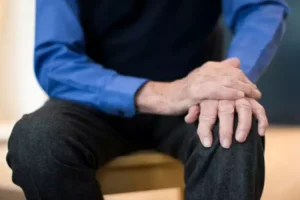
These may make a person feel uneasy, dizzy, and irritable, and may lead to a panic attack. Too much of some drugs such as caffeine, or even sugar can prompt a similar response. If you reach for alcohol in an effort to avoid experiencing a panic attack or feelings of anxiety, you can quickly become trapped in a debilitating cycle that becomes very difficult to break.
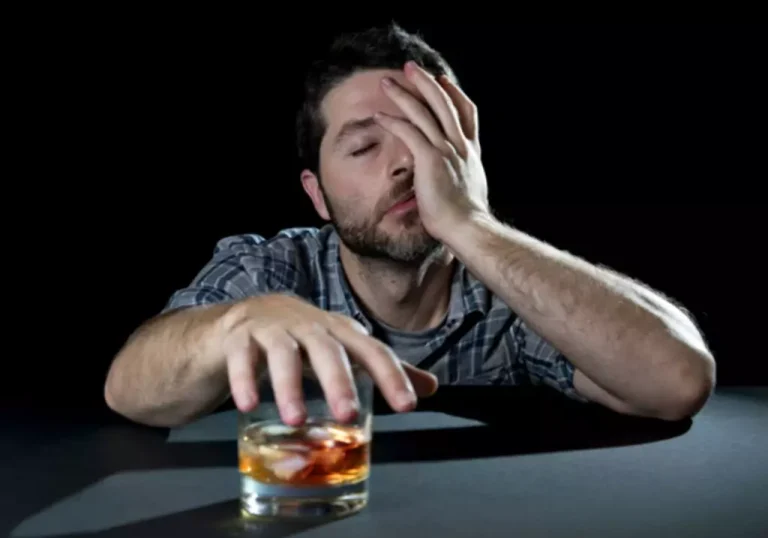
How can you prevent panic attacks after drinking?
My friends asked if i wanted to can you have a panic attack while drunk come to the lake and swim for a little, i said yes, and i decided to try drinking again and it just didn’t feel good. You might feel irritable and worry about things unnecessarily, and could even have a panic attack. Although there are no notable neurological or physiological changes that have caused your body to be less functional, your faulty perception can convince you that you lack energy to complete basic tasks. Hi guys, I find it very weird that when I drink alcohol then I start to immediately get anxiety and chest pain, palpitations and shortness of breath. It slows down processes in your brain and central nervous system, and can initially make you feel less inhibited.10,11 In the short-term, you might feel more relaxed – but these effects wear off quickly.
Panic Attacks
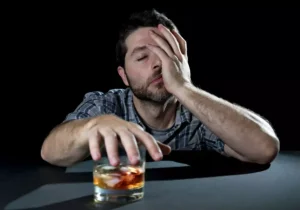
If you are concerned that you or someone you care about has a problem with alcohol there is a lot of help available. Here you can find useful links and phone numbers to get the support you need. If you are in Scotland, Wales or Northern Ireland, there is separate advice on getting help with anxiety. Anxiety can become a health problem if it affects your ability to live your life as fully as you want to. I came what is alcoholism back from a party 8 hours ago and I haven’t been feeling well since. I drank a lot, not enough to blackout or anything, but enough to get pretty drunk.
Do You Need to Stop Drinking?
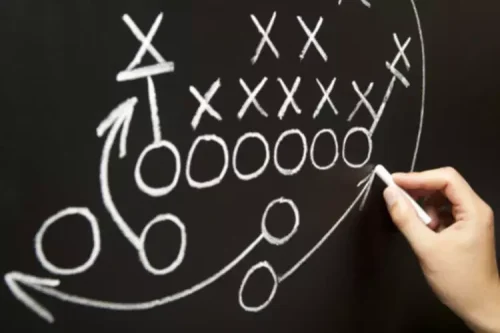
You need to rebuild that coping ability in order to cure your panic attacks. Over the next few days i was experiencing a lot more anxiety and it felt hard to even leave the house. I decided to pick up some beers so drink with a buddy and swim about 2 days after and https://ecosoberhouse.com/ when i drank again, there it was, a lot of anxiety. So i decided to try and go sober for a little while to see if my mental health gets better. “To reduce the chances of being anxious after drinking, if you have no history of an alcohol use disorder, limit yourself to one drink if you are a woman and two drinks if you are a man,” Jaffe says.
- Research notes that changes in chemical levels such as serotonin can cause anxiety disorders and depression.
- These can cause different reactions in individuals, including stress.
- Tingling and numbness can occur in the peripheral limbs, most notably in the hands and feet.
To get started and learn about your treatment options, take our free online assessment, to see if Talkiatry is right for you and get matched with a psychiatrist. Plus, we’re always introducing new features to optimize your in-app experience. We recently launched our in-app chatbot, Melody, powered by the world’s most powerful AI technology. Melody is here to help as you adjust to a life with less (or no) alcohol. You’ll meet hundreds of fellow Reframers in our 24/7 Forum chat and daily Zoom check-in meetings. Receive encouragement from people worldwide who know exactly what you’re going through!
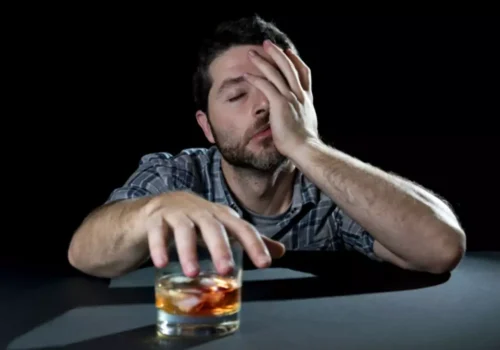
If you know that you will be drinking, then be prepared and make sure you have some support at the back of your cupboard. The central nervous system is affected because in order for the body to fight off the sedative effects of alcohol it puts the body into a state of hyperactivity in order to counteract this effect. This hyperactivity can lead to shaking, light/sound sensitivity, and sleep deprivation. After alcohol adrenaline can also increase, another stress hormone.
Alcohol can lead to withdrawal symptoms
“So you have this extra glutamate out there that makes you more anxious,” Koob says. There’s also a chemical in your brain called Corticotropin-Releasing Factor (CRF), which acts as a stress neurotransmitter. When you drink alcohol, your body suppresses CRF, but during withdrawal, the amount of CRF increases, often leading to a heightened stress and anxiety response, Koob explains. Alcohol anxiety is something you can avoid, by just saying no to alcohol. However, if you decide to drink, it’s your decision whether you think that the risk is worth the rewards. At the very least, you can take measures to ensure the day after your anxiety levels can be managed somewhat.
How Anxiety and Alcohol Feed into Each Other
- “Hangxiety” describes the regret, worry, and levels of anxiety felt after a night of heavy drinking.
- There’s also a chemical in your brain called Corticotropin-Releasing Factor (CRF), which acts as a stress neurotransmitter.
- These effects are particularly visible the day after drinking when the hangover begins to set in.
- You’ll meet hundreds of fellow Reframers in our 24/7 Forum chat and daily Zoom check-in meetings.
- Excessive intake of other drugs and food, including caffeine and sugar, may also be triggers.
This means that you will need to drink larger amounts of alcohol on a more frequent basis in order to experience the same effects, increasing the risk of developing a physical or psychological addiction. Alcohol acts as a sedative, often lowering the feelings of anxiety or panic that you may be experiencing. If you automatically reach for alcohol as soon as you notice the impending symptoms of a panic attack, you may believe that this substance calms you down and prevents you from spiralling. Drinking alcohol causes a number of immediate effects in your body – your heart rate may increase, your blood sugar drops and you may eventually become dehydrated. If you are sensitive to the effects of alcohol, these uncomfortable sensations can trigger a panic attack. As well as being an unhealthy coping mechanism, cases of alcohol-induced panic attacks prove that alcohol can actually be the cause of anxiety and panic rather than the cure.
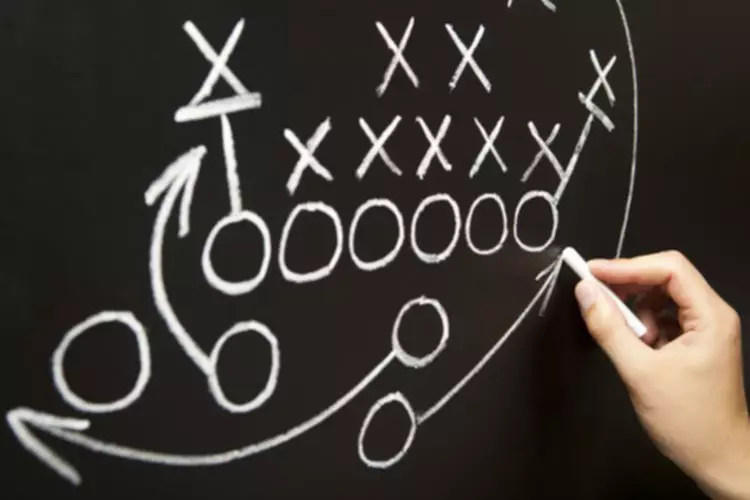
Alcohol’s impact on neurotransmitters and the body’s stress response system can leave individuals feeling anxious, irritable, and emotionally fragile after a night of drinking. This phenomenon, often referred to as “hangxiety,” stems from alcohol’s impact on neurotransmitter levels and its ability to disrupt the body’s stress response system. Following a bout of heavy drinking, individuals may experience heightened feelings of anxiety, irritability, and low mood as their body attempts to recalibrate. Because the alcohol and anxiety cycle feeds on itself, and over time causes a person to drink more, eventually it may lead to addiction. If a person uses alcohol as a form of self-medication, it can quickly escalate into a serious problem. If a person regularly drinks to the point where alcohol panic attacks are the norm, it is a sign of addiction.
Comments are closed